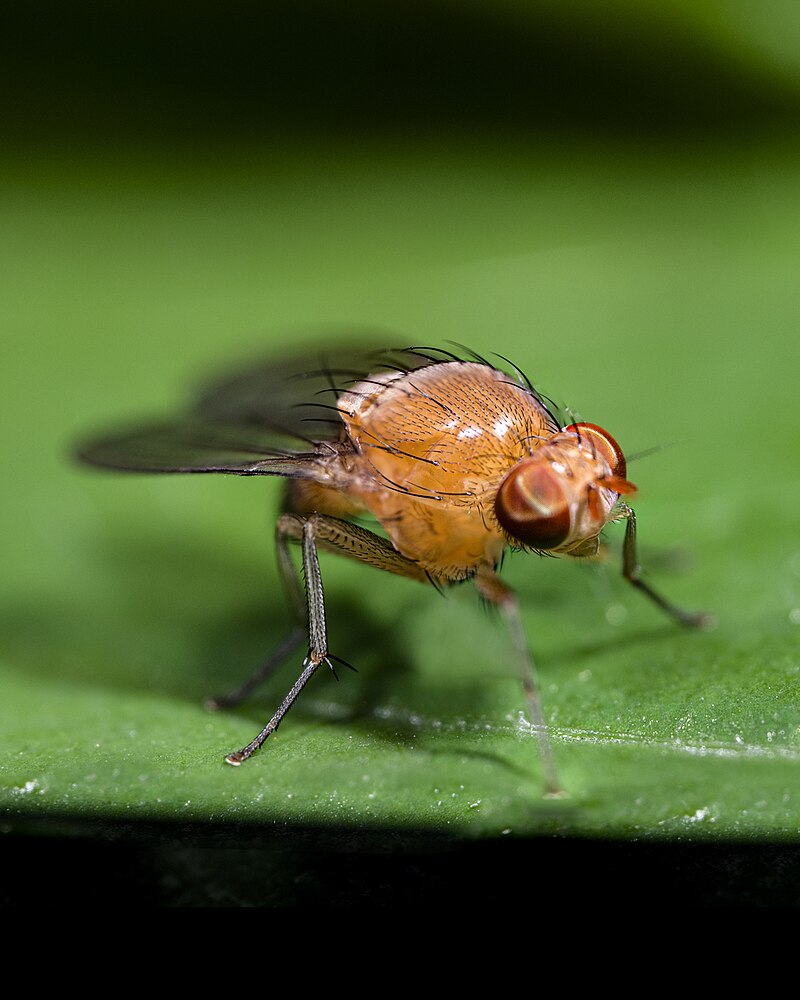
USDA grants to fund studies of plant viruses, insecticides
On Sept. 17, 2020, two Cornell University research teams, studying crop viruses and insecticides’ physiological effects on insects, announced they had received grants totaling nearly $900,000 from the U.S. Department of Agriculture’s National Institute of Food and Agriculture (NIFA). The funding is intended to advance knowledge in both fundamental and applied sciences important to agriculture. The projects:
Michelle Heck, a research molecular biologist at the USDA Agricultural Research Service and adjunct associate professor of plant pathology in the School of Integrative Plant Sciences in the College of Agriculture and Life Sciences (CALS); and Joshua Chappie, an assistant professor in the Department of Molecular Medicine in the College of Veterinary Medicine, have received a three-year, $455,000 grant to investigate an innovative method to combat devastating Luteovirid crop viruses.
Jeff Scott and Nicolas Buchon, professors of entomology in CALS, received a three-year, $424,000 NIFA grant to investigate the effects that insecticides have on insects at sublethal and lethal doses, in terms of the insect’s genes, proteins and biological pathways.
Plant viruses in the family Luteoviridae are spread by sap-sucking aphids, which transmit the virus into a plant’s vasculature as they feed, infecting and devastating many crop varieties; no adequate control strategies exist. The researchers are hopeful they can apply the new method to the cotton leaf dwarf virus, an emerging and devastating polerovirus.
The study aims to characterize how genetic variation in a susceptible population of insects controls sensitivity to insecticides and identify the genes affected by the poisoning process.
Tags:
Source: Cornell University
Credit:
